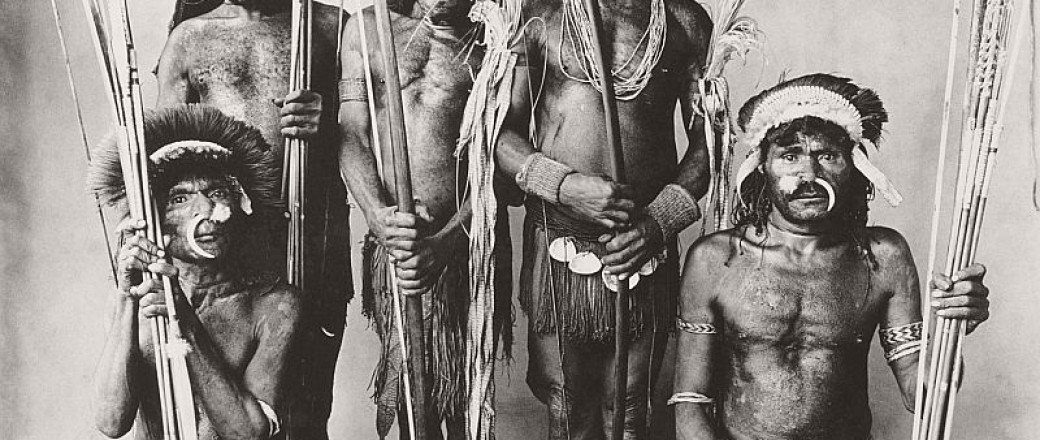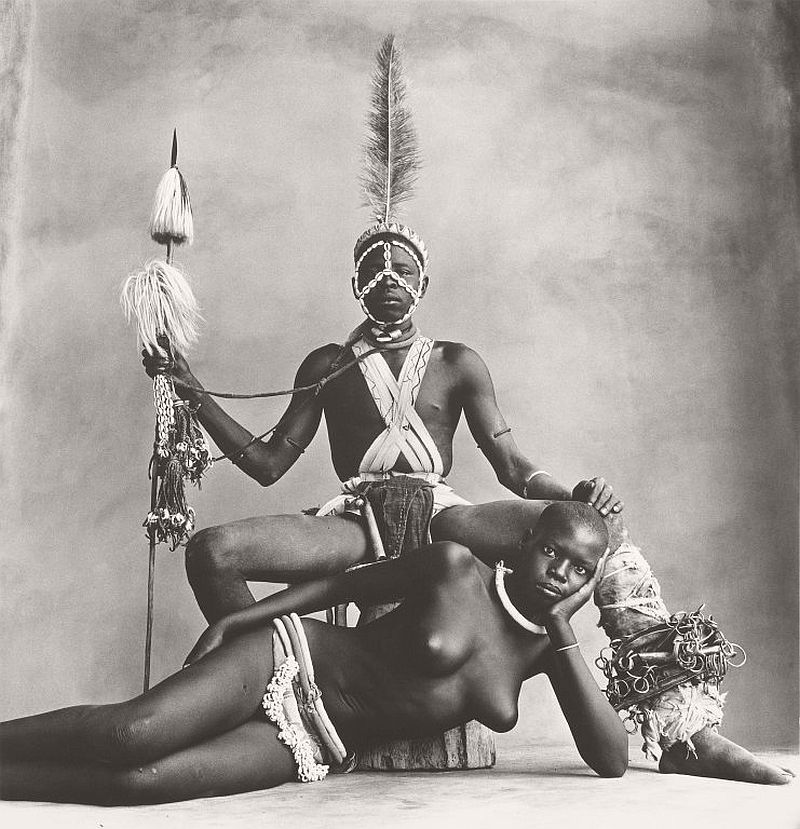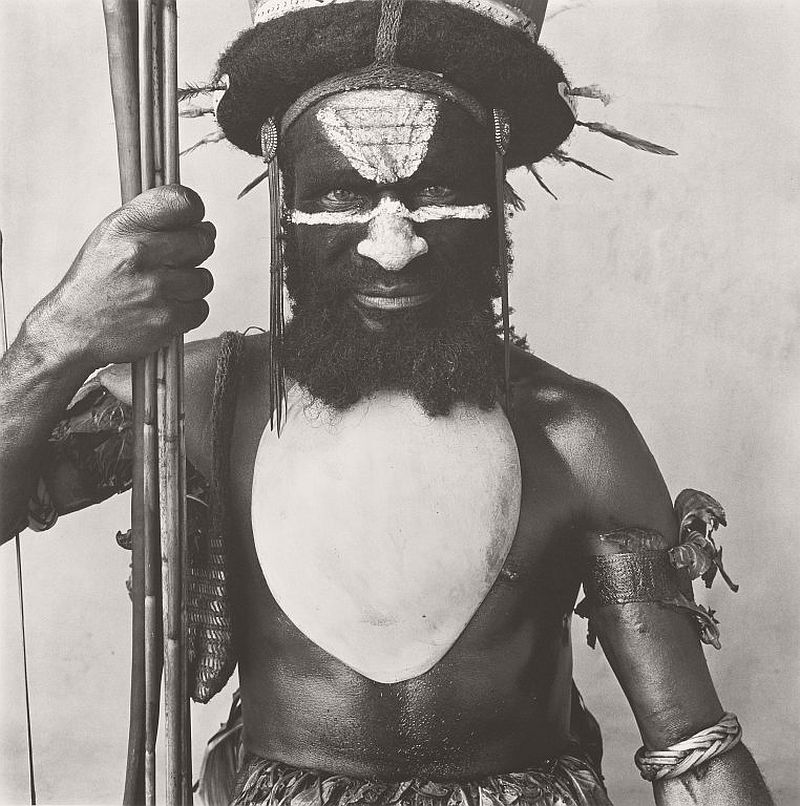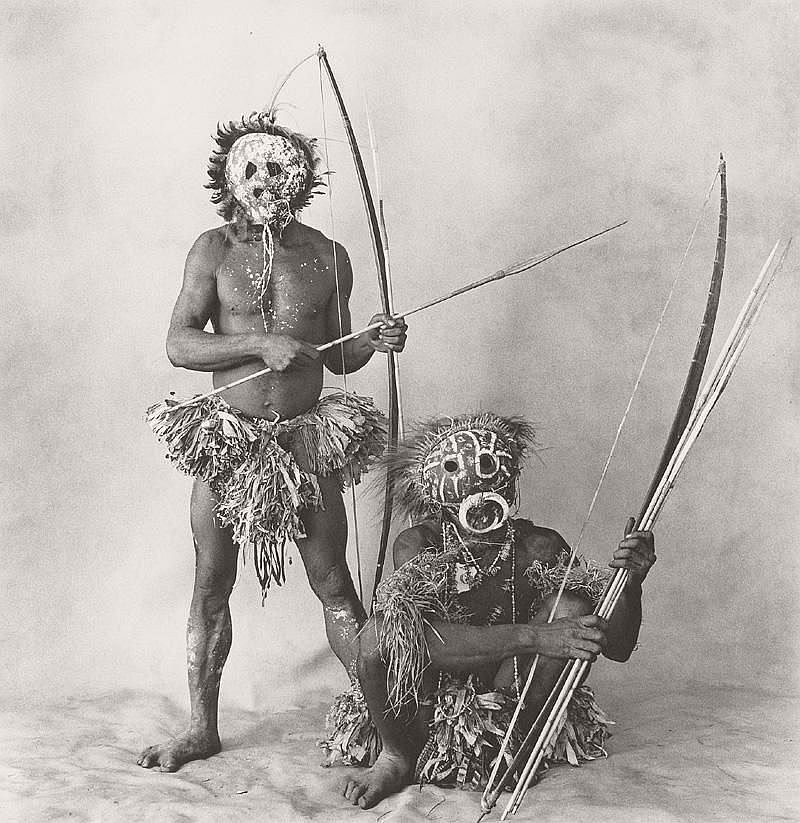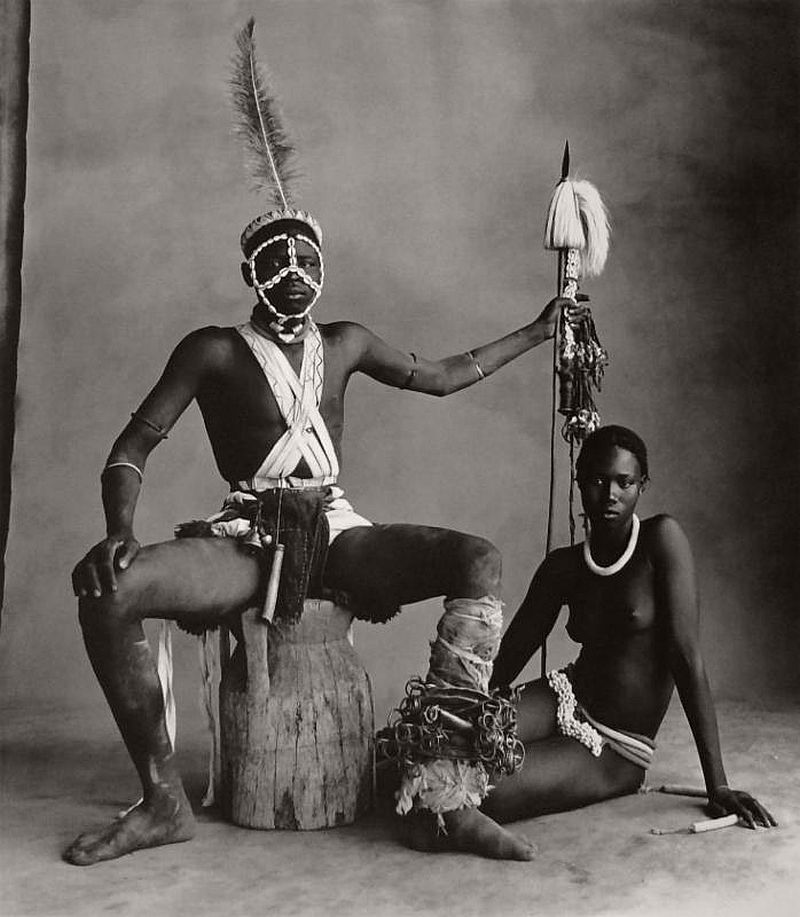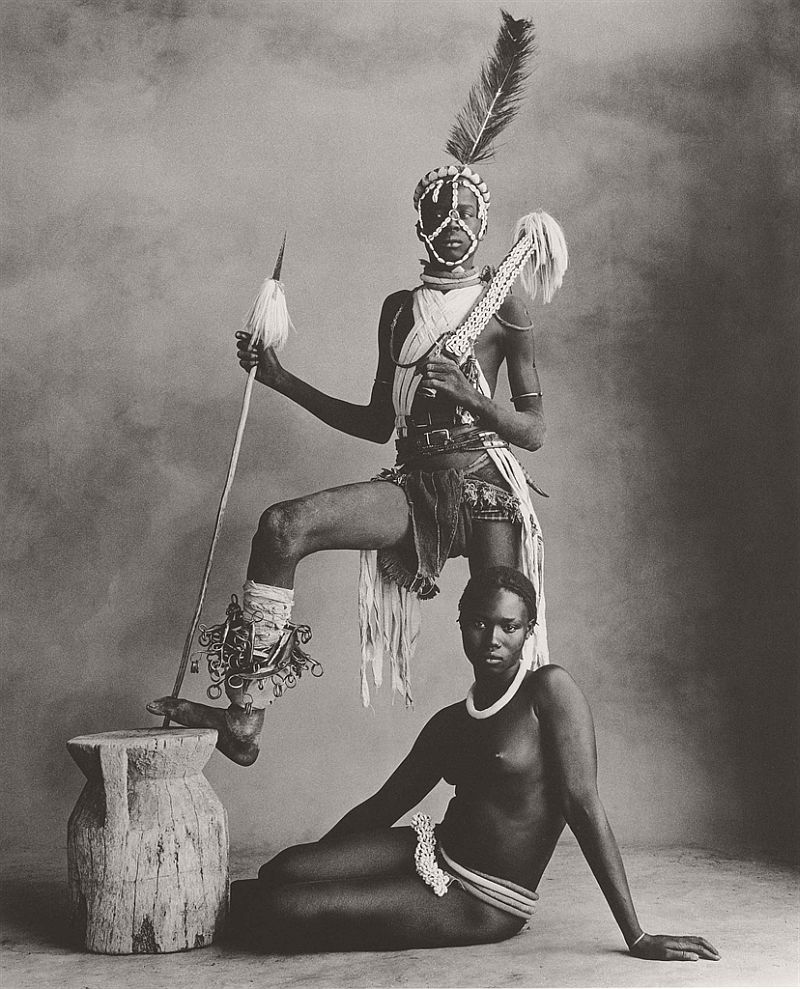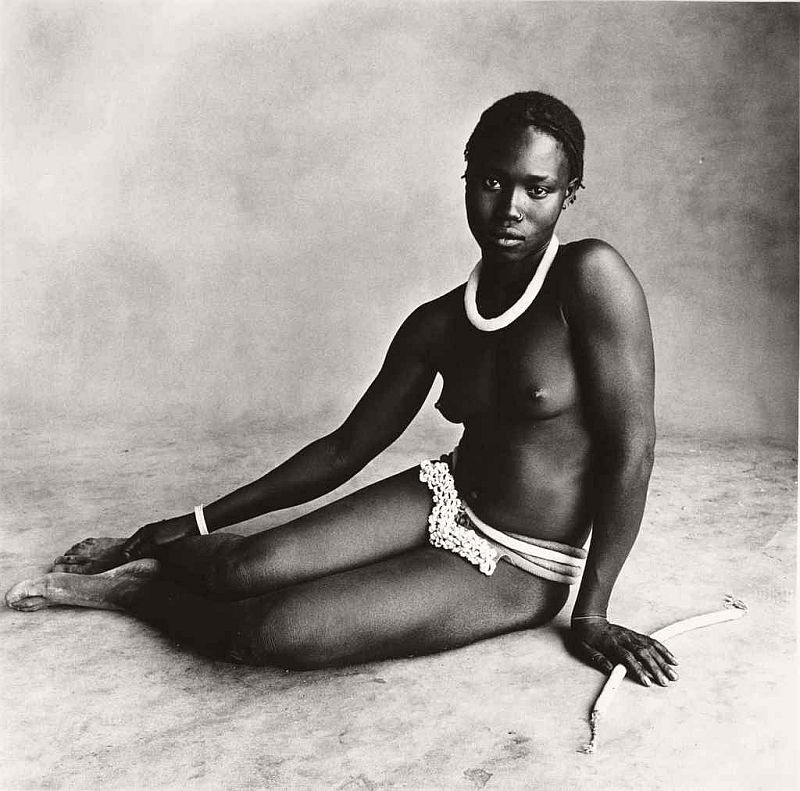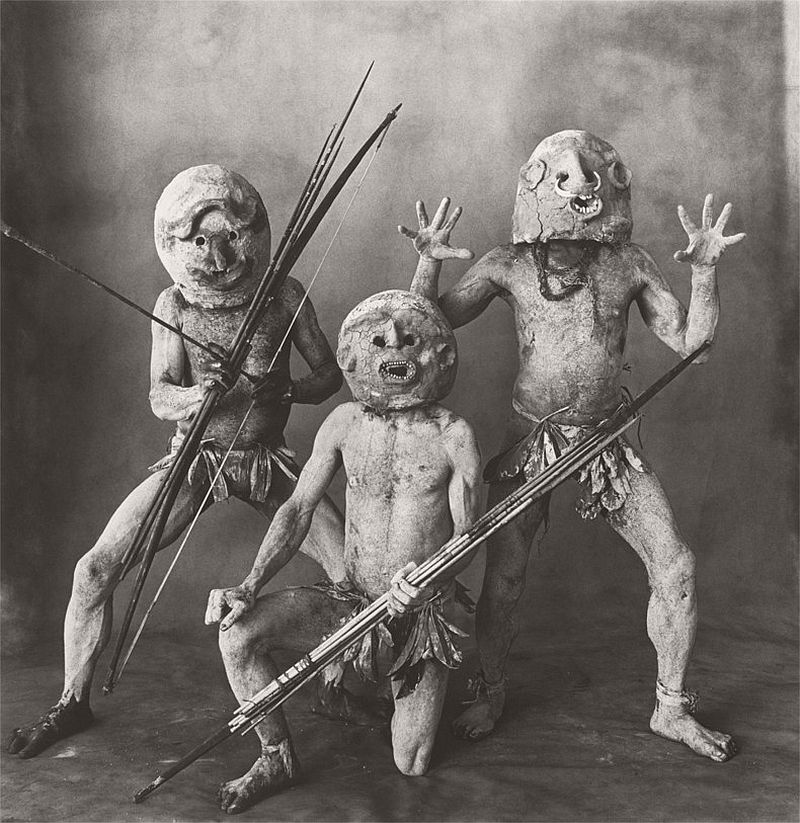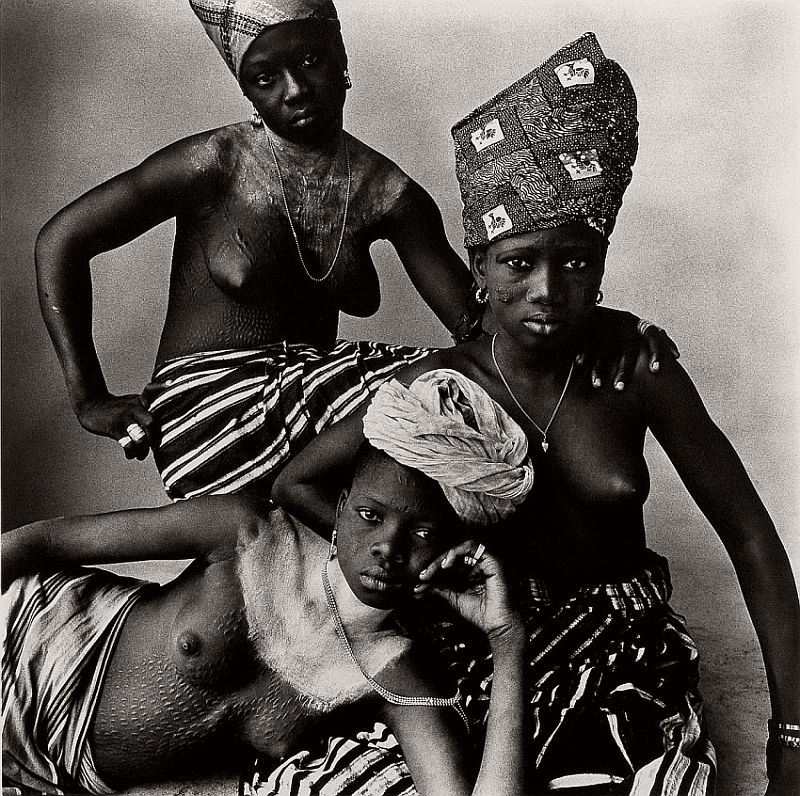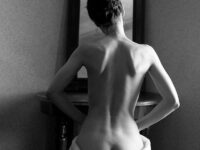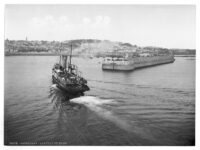Masters Projects is pleased to present an exhibition that unites Irving Penn’s posed nudes from 1949-50 alongside his ethnographic portraits taken in Africa and the South Pacific through the 70s.
One of the world’s preeminent photographers, Irving Penn (1917–2009) is famous for his professional still life, portraiture, and fashion photography. By 1950, he had already established a successful career at Vogue magazine through a variety of projects; yet, the artist dreamed about pushing beyond creative boundaries.
During the year 1949, Penn worked—whenever there was time between assignments for Vogue—photographing the nude female body. Initially, he photographed thin models; however, his preference shifted soon after to heavier models. Regardless of the model’s figure, what Penn found most important was that the subject was comfortable with their own bodies.
Reciprocally, throughout his career, Penn’s commercial endeavours and personal studies have laid the basis for each other. For example, techniques used in Penn’s later still lifes and commercial photographs derive from these early nude portraits. Likewise, his later ethnographic studies take influence from his fashion photographs. In fact, it was the artist’s magazine work that provided the initial impetus and means to travel to the locations where these studies took place.
Penn’s assignments for Vogue Magazine brought the artist and his crew to remote locations for weeks at a time. For most projects, he used a variety of spaces and constructed backdrops to recreate the austere studio surroundings used for the nude studies. Steeped in the Modernist tradition, Penn was among the first photographers to pose subjects against a simple grey or white backdrop.
While in remote locations throughout Africa and the South Pacific in the 1970’s, a portable tent-like studio was used. With his camera, Penn worked closely with his subjects inside this tent studio and he carefully posed and arranged each composition by hand. His great attention to detail continued into his craft of developing and making prints. The platinum-palladium prints of the ethnographic studies on view in this exhibition, especially bring forth the details of his subjects with crisp definition.
Penn’s work is widely exhibited around the world, and is held in major collections including the Art Institute of Chicago; J. Paul Getty Museum, Los Angeles; National Portrait Gallery, London; National Gallery of Art, Washington and the Metropolitan Museum of Art, New York, amongst others. In 2013 The Irving Penn Foundation donated 100 images to the Smithsonian American Art Museum, bringing the number of works in their collection to 161.
Irving Penn
Women, Warriors
February 18 – April 16, 2016
Masters Projects
91 Water Street, Brooklyn, New York, NY, United States
www.maste.rs

